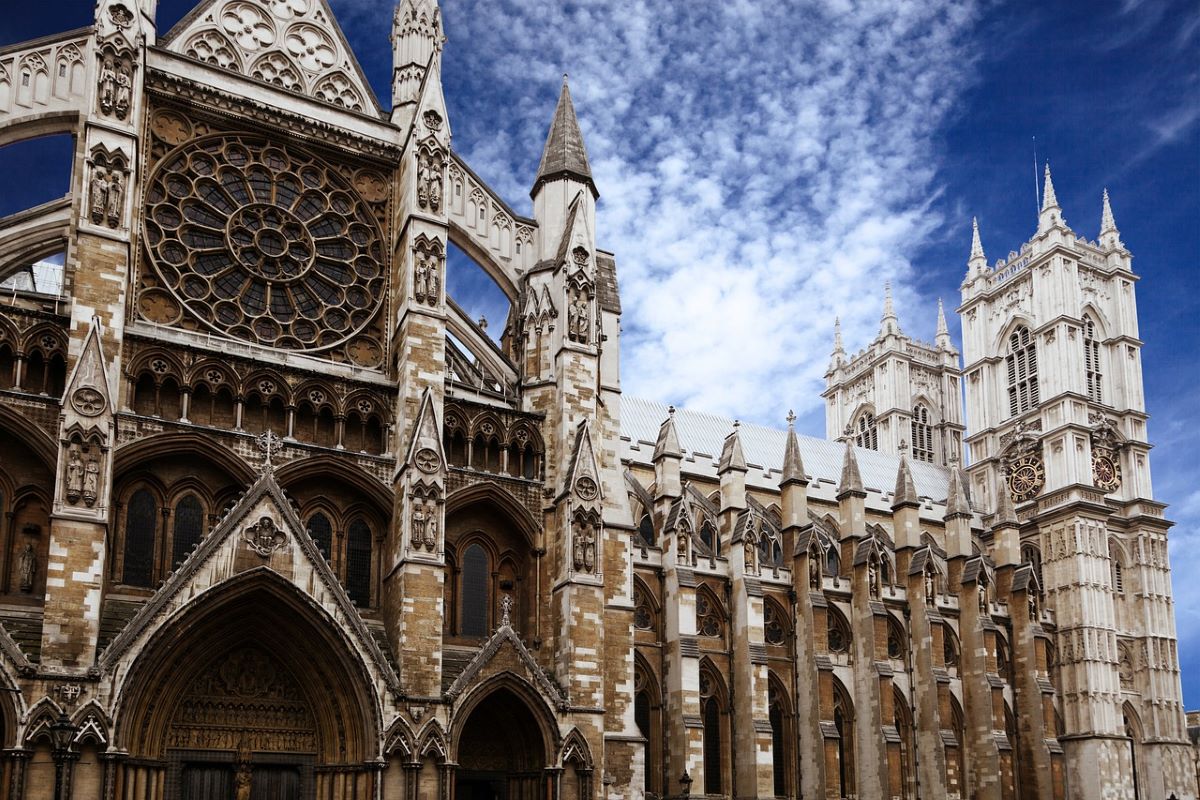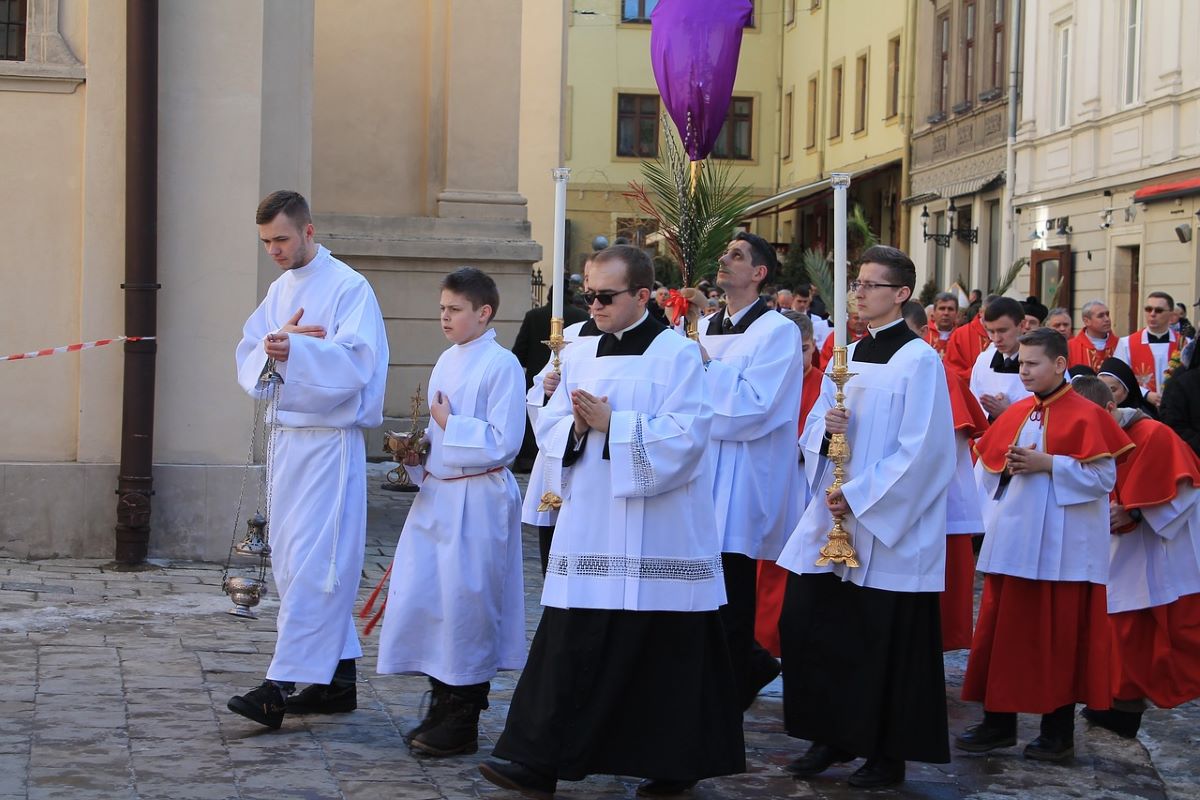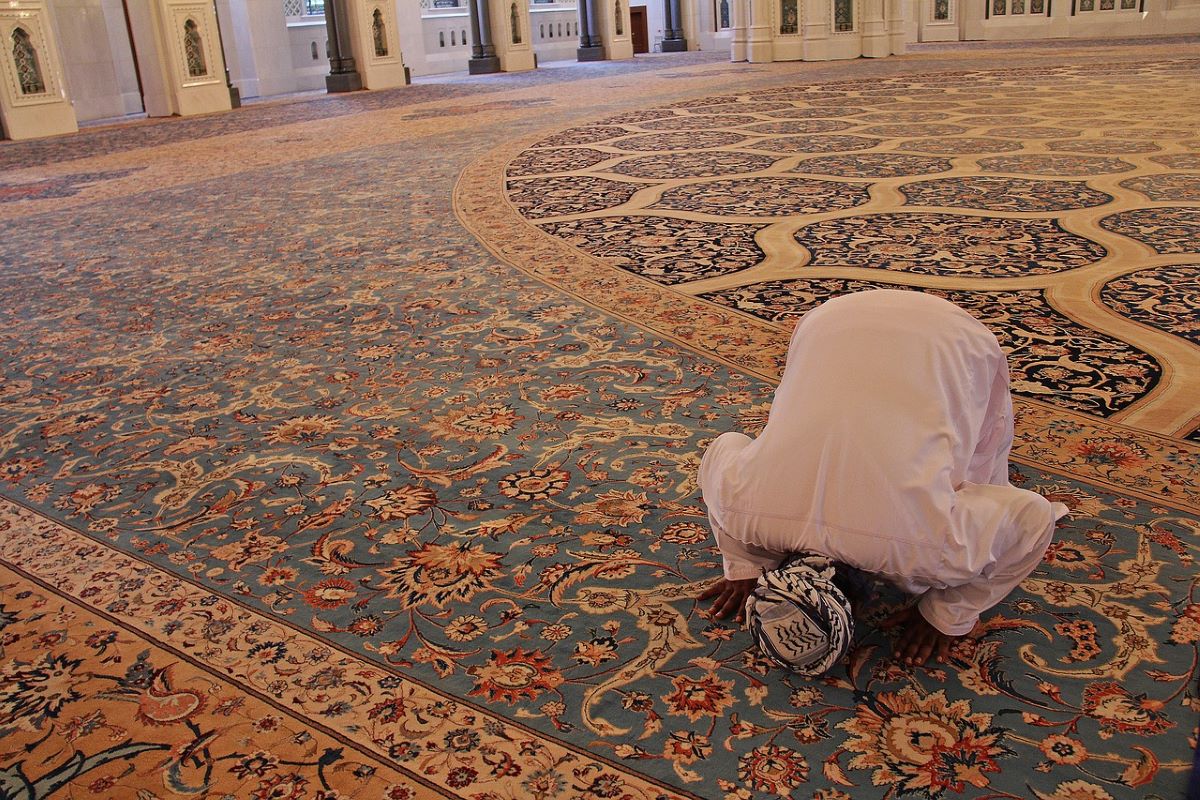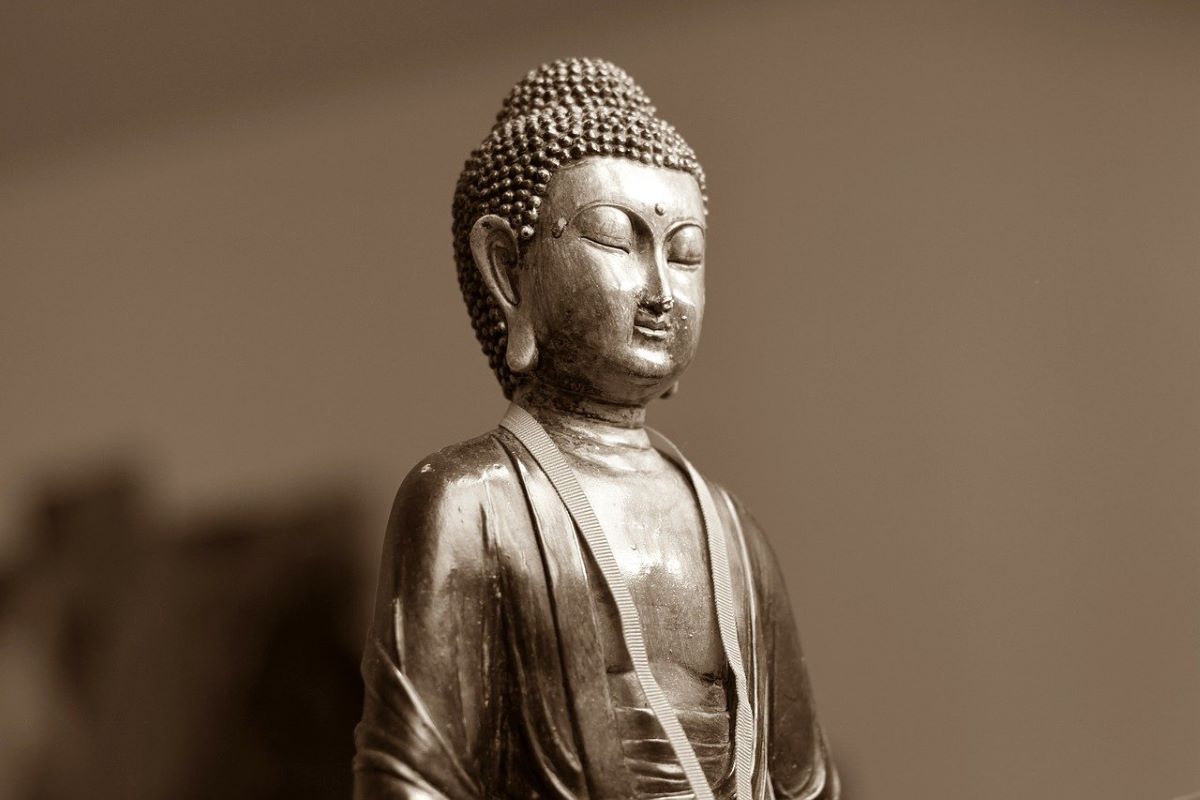
Image | Wikipedia
Since the sixteenth century, the most widely practiced religion in England that has enjoyed official status in the country has been Anglicanism, a branch of Christianity.. However, the evolution of historical events and phenomena such as immigration have caused different faiths to coexist within its borders. In the next post we review which are the most practiced religions in England and some curiosities of them.
Anglicanism
The official religion of England is Anglicanism, which is practiced by 21% of the population. The Church of England remained united with the Catholic Church until the XNUMXth century. This arises by decree of King Henry VIII after the act of supremacy in 1534 where he proclaims himself supreme head of the Church within his kingdom and where he orders his subjects to separate from religious obedience to the Pope of Clement VII, who opposed the fact that the monarch divorced Queen Catherine of Aragon to marry his lover Ana Bolena.
The Treasons Act of the same year established that those who rejected this act and deprived the king of his dignity as head of the Church of England or claimed that he was heretic or schismatic would be charged with high treason with the death penalty. that that entailed. In 1554, Queen Mary I of England, who was a devout Catholic, repealed this act, but upon her death her sister Elizabeth I reinstated it.
Thus began a period of religious intolerance against Catholics by declaring the oath to the Act of Supremacy mandatory for all those who were to hold public or ecclesiastical positions in the kingdom. In the last twenty years of the government of Elizabeth I, as the Catholics were stripped of their power and fortune, there were numerous deaths of Catholics ordered by the queen who made them numerous martyrs for the Catholic Church such as the Jesuit Edmundo Campion . He was canonized by Pope Paul VI in 1970 as one of the forty martyrs of England and Wales.
Anglican doctrine
King Henry VIII was anti-Protestant and theologically pious Catholic. In fact, he was proclaimed "Defender of the Faith" for his rejection of Lutheranism. However, to ensure the annulment of his marriage he decided to break with the Catholic Church and become supreme head of the Church of England.
At the theological level, early Anglicanism was not very different from Catholicism. However, an increasing number of leaders of this new religion showed their sympathies towards the Protestant Reformers, especially Calvin and consequently the Church of England gradually evolved towards a mixture between the Catholic tradition and the Protestant Reformation. In this way, Anglicanism is seen as a religion that tolerates a wide and diverse variety of doctrines in addition to the essential elements of Christianity.

Image | Pixabay
Catholicism
With just under 20% of the population, Catholicism is the second religion practiced by the English. In recent years this doctrine is experiencing a rebirth in England and every day there are more in the country. The reasons are various, although two have a greater weight: on the one hand, the decline of the Church of England as some of its faithful have converted to Catholicism due to the similarity in faith or have simply embraced atheism. On the other hand, many Catholic immigrants have arrived in England who actively practice their beliefs, thus breathing a breath of fresh air into the Catholic community.
It has also helped to revitalize Catholicism in England that public figures in relevant positions have openly proclaimed themselves Catholic in a country where until not long ago these faithful lived in ostracism and were separated from civil and military public positions. An example of Catholic celebrities in England is Labor Minister Iain Duncan Smith, BBC Director Mark Thompson or former Prime Minister Tony Blair.

Image | Pixabay
Islam
The third religion most practiced by the population in England is Islam, with 11% of its inhabitants and it is the faith that has grown the most in recent decades according to the Office for National Statistics. It is in the capital, London, where a greater number of Muslims are concentrated followed by other places such as Birmingham, Bradford, Manchester or Leicester.
This religion was born in 622 AD with the preaching of the Prophet Muhammad in Mecca (present-day Saudi Arabia). Under his leadership and that of his successors, Islam spread rapidly across the planet and today it is one of the religions with the largest number of faithful on Earth with 1.900 billion people. Furthermore, Muslims are the majority of the population in 50 countries.
Islam is a monotheistic religion based on the Koran, whose fundamental premise for believers is that "There is no god but Allah and Muhammad is his prophet."

Image | Pixabay
Hinduism
The next religion with the largest number of faithful is Hinduism. As with Islam, the Hindu immigrants who came to work in England brought their customs and faith with them. Many of them moved to work in the United Kingdom after the independence of India in 1947 and with the civil war in Sri Lanka that began in the 80s.
The Hindu community is of considerable proportions in England, so that in 1995 the first Hindu temple was erected, north of the English capital in Neasden, so that the faithful could pray. It is estimated that in the world there are 800 million Hindus, being one of the religions with the most faithful in the world.
Hindu doctrine
Unlike other religions, Hinduism does not have a founder. It is not a philosophy or a homogeneous religion but a set of beliefs, rites, customs, cults and moral principles that make up a common tradition, in which there is no central organization or defined dogmas.
Although the Hindu pantheon has numerous gods and demigods, most of the faithful are devoted to the triple manifestation of the supreme god known as Trimurti, the Hindu trinity: Brahma, Visnu and Siva, creator, preserver and destroyer respectively. Each god has different avatars, which are a reincarnation of the god on Earth.

Image | Pixabay
Budismo
It is also common to find followers of Buddhism in England, especially from Asian countries that have a history in common with England as a result of the English empire established on that continent until the XNUMXth century. On the other hand, there has also been a high number of conversions to this religion from other faiths.
Buddhism is one of the great religions of the planet according to its number of followers. It presents an enormous variety of schools, doctrines and practices that under geographical and historical criteria have been classified in Buddhism from the north, south and east.
Buddhist doctrine
Buddhism emerged in the XNUMXth century BC from the teachings given by Siddhartha Gautama, its founder, in northeast India. From then on, it began a rapid expansion in Asia.
The teachings of Buddha are summarized in the "Four Noble Truths" being its central dogma the law of Karma. This law explains that human actions, whether good or bad, have repercussions in our lives and in the next incarnations. Likewise, Buddhism rejects determinism because human beings are free to shape their destiny based on their actions, although they may inherit certain consequences of what they have experienced in past lives.

Image | Pixabay
Judaism
Judaism is also present in England and is one of the oldest religions in the world, the first being of a monotheistic type, since it affirms the existence of the only omnipotent and omniscient God. Christianity derives from Judaism because the Old Testament is the first part of the Christian Bible and Jesus, the son of God for Christians, was of Jewish origin.
Jewish doctrine
The content of its doctrine is constituted by the Torah, that is, the law of God expressed through commandments that he gave to Moses on Sinai. Through these commandments, human beings have to rule their lives and submit to the divine will.
where are the percentages